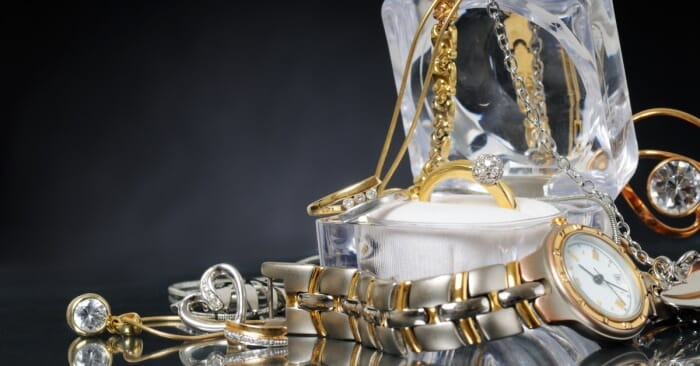1. Introduction
What is jewelry pawning?
is it safe to pawn jewelry involves using your valuable pieces as collateral to secure a loan from a pawn shop. It’s a straightforward transaction where you receive cash in exchange for temporarily relinquishing ownership of your jewelry. When considering whether it’s safe to pawn jewelry, there are factors to weigh, including the reputation of the pawn shop, understanding the terms of the loan agreement, and ensuring you can repay the loan to retrieve your jewelry. While pawnshops are regulated, it’s essential to exercise caution and conduct research to mitigate risks.
Why people consider pawning jewelry
People turn to pawning jewelry for various reasons. It could be to cover unexpected expenses, bridge a financial gap between paychecks, or simply to declutter and raise some extra cash.
2. How Does Jewelry Pawning Work?
Understanding the process
When you bring your jewelry to a pawn shop, the pawnbroker assesses its value based on factors like its quality, condition, and market demand. They then offer you a loan amount, typically a fraction of the jewelry’s appraised value.
Evaluating your jewelry
Before pawning your jewelry, it’s essential to have a realistic understanding of its worth. Get an appraisal from a qualified jeweler to know its market value and ensure you’re getting a fair deal.
Negotiating terms
Once you agree on the loan amount, you’ll receive cash on the spot. The pawn shop will keep your jewelry as collateral until you repay the loan, along with any accrued interest and fees, within the agreed-upon timeframe. This process provides a convenient option for individuals in need of quick cash without having to sell their valuable items outright, attracting not only those seeking loans but also potential gold buyers interested in purchasing jewelry that has been forfeited by borrowers.
3. Is Jewelry Pawning Safe?
Risks involved
While pawning jewelry can provide immediate financial relief, there are risks to consider. If you fail to repay the loan according to the terms, you risk losing your jewelry permanently.
Safety precautions to take
To mitigate risks, choose a reputable pawn shop with a track record of fair dealings. Read the terms and conditions of the loan carefully, and make sure you understand the interest rates, repayment schedule, and any potential fees involved.
4. Benefits of Pawning Jewelry
Quick access to cash
One of the primary benefits of pawning jewelry is the speed at which you can obtain cash. Unlike traditional bank loans, which may involve lengthy approval processes, pawn shops provide instant liquidity.
No credit checks
Unlike traditional lenders who scrutinize your credit history, pawn shops don’t require credit checks. As long as you have valuable collateral, such as jewelry, you can qualify for a loan regardless of your credit score.
Convenient and discreet
Pawning jewelry is a discreet way to borrow money without involving banks or credit agencies. There’s no paperwork or credit inquiries involved, making it a convenient option for those who value privacy.
5. Alternatives to Pawning Jewelry
Selling vs. pawning
If you’re not keen on reclaiming your jewelry or if you need a larger sum of money, selling might be a better option than pawning. Consider your financial needs and long-term plans before deciding.
Loan options
If you have a steady income and good credit, you may qualify for traditional loans or lines of credit with lower interest rates. Explore all your options before committing to jewelry pawning.
6. Tips for Safe and Successful Jewelry Pawning
Choose a reputable pawn shop
Research pawn shops in your area and read reviews to find one with a reputation for fair dealings and transparent policies.
Understand the terms and conditions
Before signing any agreements, make sure you understand the terms of the loan, including interest rates, repayment schedule, and consequences of default.
Keep records
Keep copies of all documents related to the pawn transaction, including the loan agreement and receipts. This will help protect your interests in case of any disputes.

